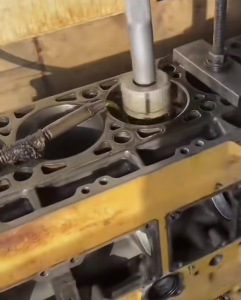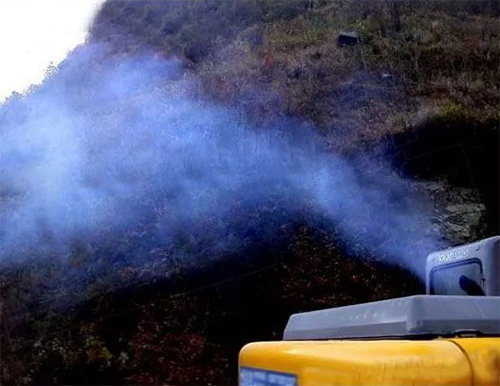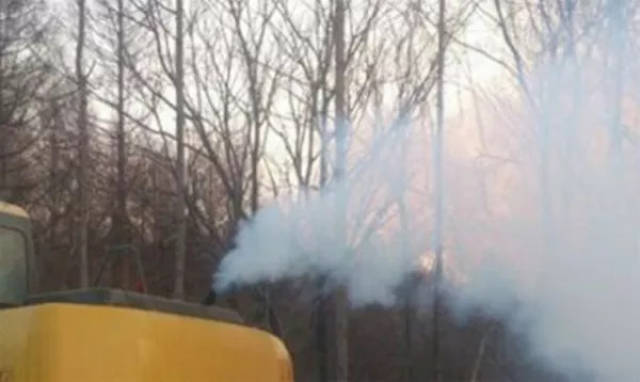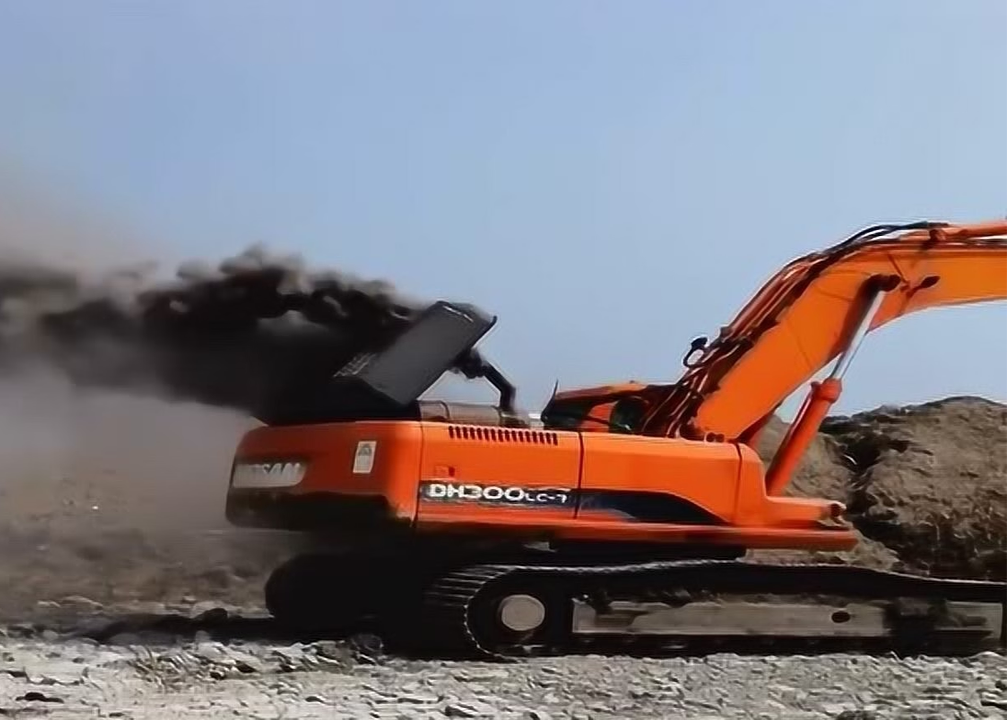When maintaining the engine of an excavator, meticulous handling of the oil passages is essential. Careful treatment of the oil passages can ensure the cleanliness of the engine internals, extend the engine’s lifespan, and improve its performance.
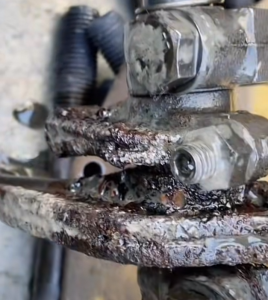
The cleanliness of the engine oil passages is crucial. The fuel system can generate carbon and gum deposits during long-term operation, which can adhere to the nozzles, causing them to stick or even clog. Additionally, impurities in the air and gasoline can lead to restricted or blocked oil passages, ultimately forming carbon and deposits at the nozzles. If the oil passages are not cleaned for an extended period, these carbon deposits and sediments can clog the injector needle valves and orifices, affecting the performance of the precision components in the injection system. This can result in poor injection, inadequate atomization, or even complete failure to inject fuel, leading to issues such as unstable idling, increased fuel consumption, lack of acceleration, and difficulty starting the vehicle.
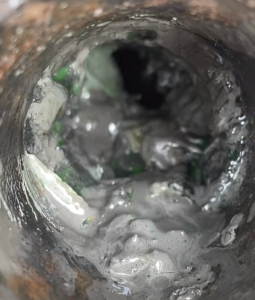
To meticulously handle the oil passages, the following methods can be adopted:
Using light diesel for cleaning: After heating the engine and draining the old oil, add an equal amount of light diesel and run the engine at idle for about 5 minutes. Then, drain the oil from the oil sump again and refill with new engine oil.
Soaking in alkaline water or gasoline: Use an alkaline water solution containing salts or an alcohol solution to clean the oily areas of the engine, then rinse thoroughly with clean water. Alternatively, gasoline soaking can be used, but safety precautions are necessary.
Using specialized cleaning agents: Introduce the cleaning agent into the oil tank, start the engine and let it idle for 10 minutes, observe the cleaning effect, and if necessary, extend the cleaning time. Then, replace the engine oil and filter.
Through these methods, the oil sludge and impurities in the oil passages can be effectively removed, ensuring the normal operation of the engine lubrication system and extending the engine’s service life.
